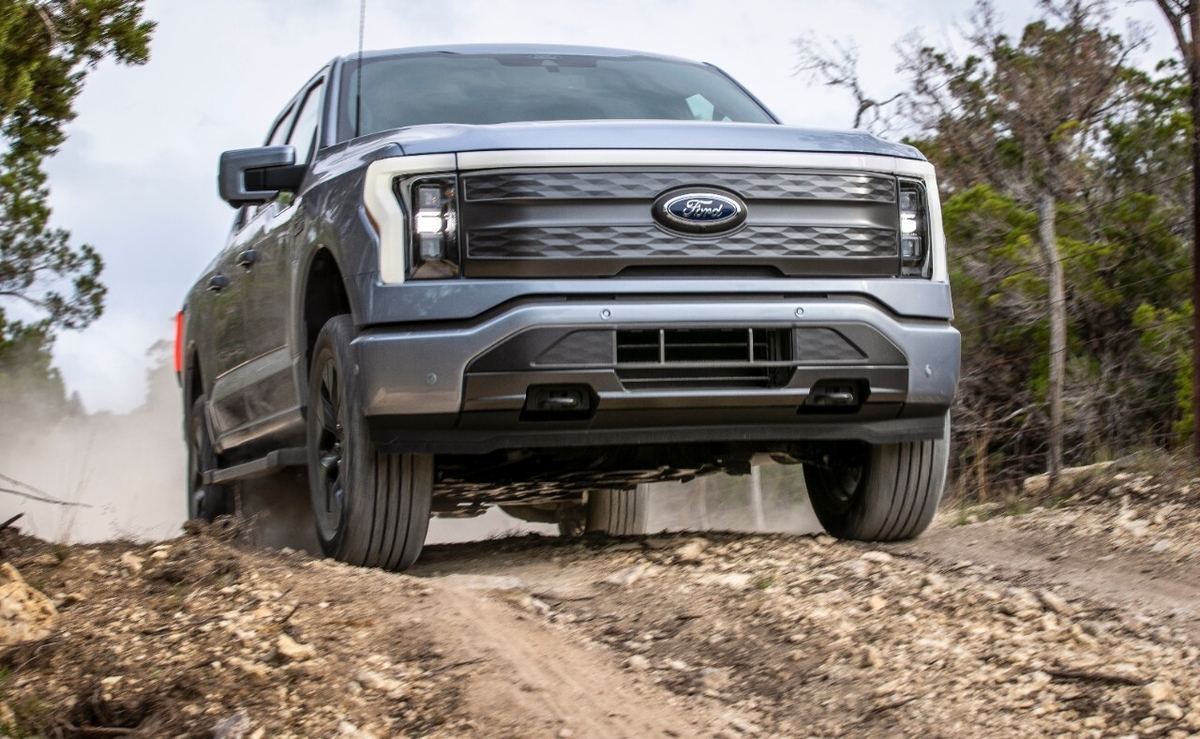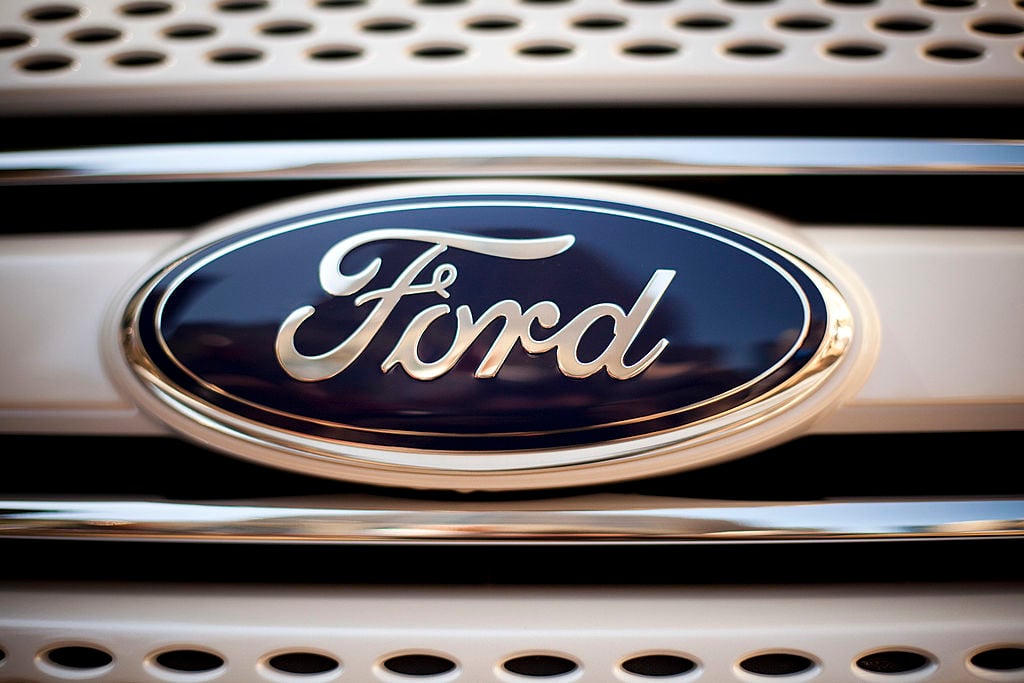
Ford's F-150 is America's best-selling new vehicle. But at an average transaction price of close to $40,000, it's out of reach of many American households -- or should be, says a new report. Photo credit: Ford Motor Co.
Here's a surprising statistic: The average price of a new vehicle in the U.S. is $32,086.
Here's another one: The average U.S. household can't afford it.
Say what?
That's the conclusion of a new report from Interest.com, a consumer-finance site owned by Bankrate. The report looked at median household incomes across the U.S. and concluded that new cars are out of reach for many Americans -- or should be.
It sounds a little crazy, but for those of us concerned about the economy -- which should be all of us -- it's worth a closer look.
The median household can't afford the average new car
Here's what the report actually says.
The analysts at Interest.com took a look at the median household income in the 25 largest U.S. metropolitan areas. They then applied a common rule of thumb for determining how much someone can comfortably afford to spend on a car.
Their conclusion? Only in Washington, D.C., can median-income households afford to buy a new car.
Washington had the highest median household income of the 25 areas they reviewed. (San Francisco and Boston were next, if you're keeping track.) According to their calculations, that income is just enough to support a $641 monthly payment, which they translate to a purchase price of $32,531 -- just above the average cost of a new vehicle.
But clearly, lots of people in the U.S. buy new cars regularly -- or at least occasionally.
So how did these folks determine what we can "afford"?
A rule of thumb that says too many people are spending too much on their cars
Interest.com's analysts applied what they call the "20/4/10" rule to determine how much a household can afford to spend on a new vehicle.
That rule works like this: A down payment of at least 20%, financing lasting no more than four years, and total cost -- principal, interest, and insurance -- adding up to no more than 10% of a household's gross income.
Follow that rule, and it's hard to disagree with Interest.com managing editor Mike Sante, who says that most Americans are spending far more than they can truly afford on new cars and trucks.
Are people really overspending on their cars?
It's easy to get carried away when you're buying a new car or truck. A fun test drive, that new-car smell, and the sales folks are so good at getting you to spend just a little more.
People are spending more, too. Auto loans with terms running for six or even seven years are becoming more and more common. A longer-term loan can get the monthly payment on a big-ticket vehicle down to something you can "afford", but... do you really want to be making payments on a six-year-old car?
What do you think? Are people spending too much money on new cars nowadays? Or is this report making overly conservative assumptions? Scroll down to leave a comment and let me know.






